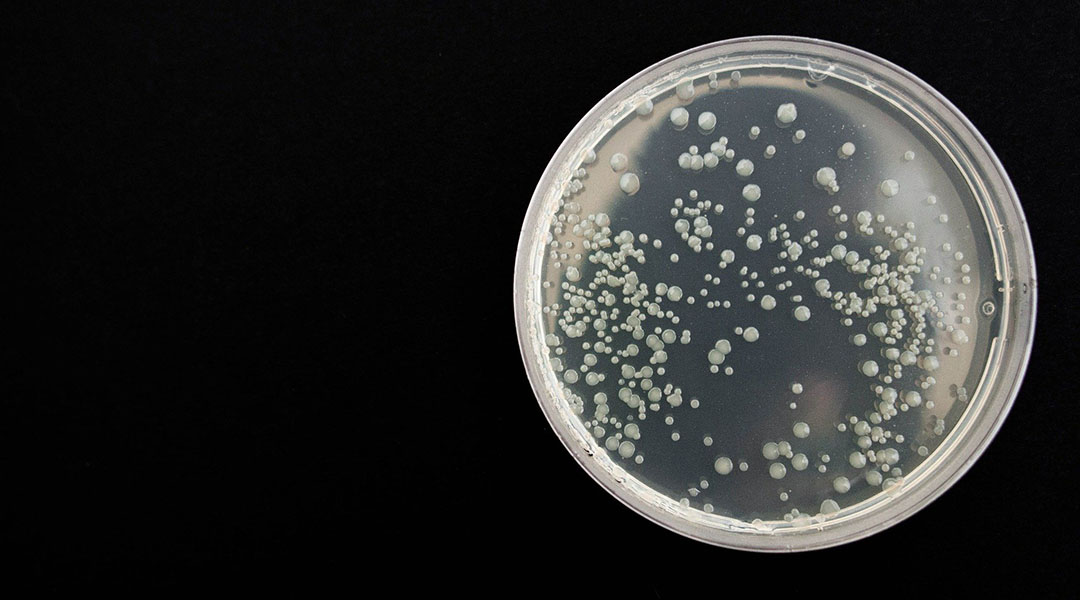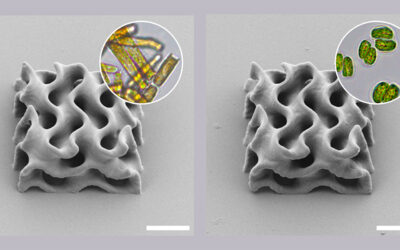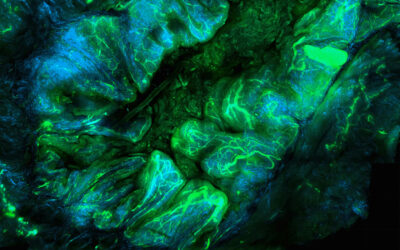Proteins function as the basic machinery of life and are produced through transcription, translation, and post-translational modifications—hierarchical steps otherwise known as the “central dogma activities.”
In Small, Professor Ehud Gazit and Dr. Johann Elbaz of Tel Aviv University and co-workers present a new compartmentalized central dogma activities artificial cell (CONTRALL) system, which uses a microfluidics-based approach to engineer a modular and programable artificial‐cell‐on‐chip.
“Each step in the production of modified proteins takes place within a different microcompartment, and the product is either isolated or allowed to move into the subsequent compartment by a series of microfluidic valves.”
Using this platform, the full ubiquitinated form of the Parkinson’s-disease-associated α-synuclein was generated.
Following transcription, biotinylated DNA molecules and RNA transcripts are moved to the RNA transport compartment where biotinylated DNA molecules are immobilized, allowing RNA transcripts to continue to the translation compartment. Next, newly translated His-protein is immobilized onto Ni beads trapped in the translation and PTMs compartment, allowing the removal of translation components and PTMs enzymes once these processes are complete.
“By bringing together all central dogma activities in a single controllable platform, this approach will open up new possibilities for the synthesis of complex targets that remain challenging to be produced by traditional chemistry and will allow researchers to decipher diverse molecular mechanisms in health and disease.”
To find out more about the CONTRALL system, read the article in Small.

















